A haven for active minds.
Nourish your mind and enrich your inner world. The Humane Space app makes it easy and fun to inject more curiosity into your daily life – a powerful way to boost wellbeing. Through immersive learning, guided visualizations, and contemplation prompts, you’ll engage in a daily practice of self-care for the mind.



Connect with Yourself
From creativity exercises to soundwalks to Awe Walks, Deep Think’s interactive prompts cultivate wonder and introspection.
Lifelong Learning
Flex your curiosity muscles with Immerse. Chart a path to lifelong learning as you dive into topics ranging from fungi to philosophy.
Expand your Vocabulary
Written by a poet, Lingo is a series of short audio stories that teach you a new word every day. This unique listening experience energizes your mind, inviting reflection on how language shapes our world.
Relieve Stress
Relax with Mind Journeys®—guided imagery visualizations that transport you to awe-inspiring locations around the world, from the Grand Canyon to Iceland. A perfect pre-sleep ritual.

What can curiosity, wonder, and awe do for you?
Research shows that experiencing curiosity and awe can immensely benefit our mental, physical, and professional health. Here’s a brief overview of what curiosity and awe can do for you.
Curiosity is an often overlooked key to greater fulfillment in life. It’s correlated with higher levels of positive emotions, lower levels of anxiety, and greater psychological wellbeing. Of the 24 character strengths measured by the Via Institute On Character, curiosity was one of the most strongly linked to life satisfaction, work satisfaction, living a pleasurable life, living an engaging life, and living a meaningful life.
Experiencing awe has been found to increase feelings of wellbeing, life satisfaction and sense of meaning. A 2021 study found that people who feel more awe reported feeling lowered levels of daily stress – suggesting that the sense of vastness that awe elicits can help put our worries into perspective.
<SPAN STYLE="color: rgba(237, 237, 229, 0.4);">REFERENCES: 1. Kashdan, Todd, et al. "Curiosity and Exploration: Facilitating Positive Subjective Experiences and Personal Growth Opportunities." Journal of Personality Assessment, 2010, https://doi.org/10.1207/s15327752jpa8203_05. 2. Kashdan, T. B., & Steger, M. F. (2007). Curiosity and pathways to well-being and meaning in life: Traits, states, and everyday behaviors. Springer Science+Business Media, LLC. https://doi.org/10.1007/s11031-007-9068-7. 3. Bai, Yang, et al. "Awe, Daily Stress, and Elevated Life Satisfaction." Journal of Personality and Social Psychology, 2021, https://doi.org/10.1037/pspa0000267. 4. Rudd, M., et al. "Awe Expands People’s Perception of Time, Alters Decision Making, and Enhances Well-Being." Psychological Science, 2012, https://doi.org/10.1177/095679761243873. 5. Zhao, Huanhuan, et al. "Why Are People High in Dispositional Awe Happier? The Roles of Meaning in Life and Materialism." Frontiers in Psychology, 2019, https://doi.org/10.3389/fpsyg.2019.01208.</SPAN>
What researchers call “empathic curiosity” – the desire to understand another person’s world from the inside out – leads to deeper conversations and emotional connections. Research shows that people who are more curious are often perceived as more engaging in social situations, and they’re more likely to seek out connections with a wider variety of people. One study found that the more curious a person is, the more deeply they tend to connect to a person they just met. Another study found that curious people cope better with social rejection than their less curious peers.
A fundamental aspect of awe is the feeling of connection to something greater than oneself – which can positively impact how we relate to others and ourselves. Research shows that experiencing awe leads people to identify with more universal categories, such as “a person” or “inhabitant of earth,” instead of more individualistic categories, like “one-of-a-kind.” Positive experiences of awe are also linked to more prosocial behavior: a series of 2019 studies showed that people who experienced positive awe in laboratory settings were more likely to help out, donate more money, and volunteer more time for strangers.
<span style="color: rgba(237, 237, 229, 0.4);">REFERENCES: 1. Kashdan, Todd, et al. "When Curiosity Breeds Intimacy: Taking Advantage of Intimacy Opportunities and Transforming Boring Conversations." Journal of Personality, 2011, https://doi.org/10.1111/j.1467-6494.2010.00697.x. 2. Kawamoto, Taishi, et al. "Curious People Are Less Affected by Social Rejection." Personality and Individual Difference, 2017, https://doi.org/10.1016/j.paid.2016.10.006. 3. Suttie, Jill. "Why Curious People Have Better Relationships." Greater Good Magazine, 31 May 2017, greatergood.berkeley.edu/article/item/why_curious_people_have_better_relationships. 4. Dietze, Pia, et al. "Awe, the Small Self, and Prosocial Behavior." Journal of Personality and Social Psychology, 2015, https://doi.org/10.1037/pspi0000018. 5. Guan, F., et al. "Awe and Prosocial Tendency." Current Psychology, 2019, https://doi.org/10.1007/s12144-019-00244-7. 6. Shiota, Michelle, and Keltner, Dacher. "The Nature of Awe: Elicitors, Appraisals, and Effects on Self-concept." Cognition and Emotion, 2007, https://doi.org/10.1080/02699930600923668. 7. Yai, B., et al. "Awe, the Diminished Self, and Collective Engagement: Universals and Cultural Variations in the Small Self." Journal of Personality and Social Psychology, 2017, https://doi.org/10.1037/pspa0000087.</span>
Researchers have consistently demonstrated that the more curious you are, the more likely you are to learn. And curiosity breeds more curiosity: the more you learn, the more you want to keep learning. This may be because curiosity taps into the brain’s reward system: neuroimaging studies show that when people are curious about the answers to trivia questions, or watch a blurry picture become clear, reward-related structures in their brains light up – the same reward structures activated by indulging a craving for, say, chocolate or nicotine.
Scientists from Albert Einstein to Carl Sagan have written about how emotional states like awe helped deepen their scientific inquiries. Now, psychological research backs up the idea that awe can sharpen critical thinking. One study found that when people were induced to feel awe, they were less easily persuaded by weak arguments than people who did a neutral activity (imagining doing their laundry). Awe may also help facilitate scientific learning and reasoning in children, according to a theoretical paper from 2017. Along similar lines, a 2018 study found that the tendency to experience awe is positively associated with scientific thinking – an association not shared by other positive emotions.
<span style="color: rgba(237, 237, 229, 0.4);">REFERENCES: 1. Gruber, Matthias, and Ranganath, Charan. "How Curiosity Enhances Hippocampus-Dependent Memory: The Prediction, Appraisal, Curiosity, and Exploration (PACE) Framework." Trends in Cognitive Sciences, vol. 23, no. 12, 2019, https://doi.org/10.1016/j.tics.2019.10.003. 2. Gruber, Mattias, et al. "States of Curiosity Modulate Hippocampus-Dependent Learning via the Dopaminergic Circuit." Neuron, 2014, https://doi.org/10.1016/j.neuron.2014.08.060. 3. Silvia, Paul J. and Alexander P. Christensen. “Looking up at the curious personality: individual differences in curiosity and openness to experience.” Current Opinion in Behavioral Sciences 35 (2020): 1-6. https://onlinelibrary.wiley.com/doi/abs/10.1002/1532-1096%28200021%2911%3A1%3C5%3A%3AAID-HRDQ2%3E3.0.CO%3B2-A. 4. Gottlieb, Sarah, and Keltner, Dacher. "Awe As a Scientific Emotion." Cognitive Science, 2018, https://doi.org/10.1111/cogs.12648. 5. Griskevicius, Vladas, et al. "Influence of Different Positive Emotions on Persuasion Processing: A Functional Evolutionary Approach." Emotion, 2010, https://doi.org/10.1037/a0018421. 6. Valdesolo, Piercarlo, et al. "Science Is Awe-Some: The Emotional Antecedents of Science Learning." Emotion Review, 2017.</span>
From the early hominid discovery of fire to the first moon landing, most of history’s greatest innovations and explorations have resulted from curious people’s quests for answers. Curious people tend to ask more open-ended questions, look for ways to eliminate conflict, and are less susceptible to confirmation bias. This isn’t just true for inventors or entrepreneurs: researchers have also discovered that curious employees are more likely to help the organization they work for creatively adapt and expand within its industry. This makes curiosity an essential factor in both job success and satisfaction. Studies show that workplaces that foster curiosity have higher rates of technical and interpersonal job performance and employee retention.
Research has also linked awe-inspiring moments with greater creativity. One study found that viewing “awe elicitors” – for example, a lofty forest or roaring ocean – enhanced the fluency, flexibility and elaboration of participants’ creative thinking.
<span style="color: rgba(237, 237, 229, 0.4);">REFERENCES: 1. Gino, Francesca. "The Business Case for Curiosity." Harvard Business Review, 1 Sept. 2018, hbr.org/2018/09/the-business-case-for-curiosity. 2. Gross, M. E., Zedelius, C. M., & Schooler, J. W. (2020). Cultivating an understanding of curiosity as a seed for creativity. Current Opinion in Behavioral Sciences, 35, 77–82. https://doi.org/10.1016/j.cobeha.2020.07.015. 3. Reio, Thomas Jr., and Wiswell, Albert. "Field Investigation of the Relationship among Adult Curiosity, Workplace Learning, and Job Performance." Human Resource Development Quarterly, 2001, https://doi.org/10.1002/1532-1096(200021)11:1<5::AID-HRDQ2>3.0.CO;2-A. 4. Chirico, Alice, et al. "Awe Enhances Creative Thinking: An Experimental Study." Creativity Research Journal, 2018, https://doi.org/10.1080/10400419.2018.1446491.</span>
Curiosity has been positively linked to greater physical health – and even a longer lifespan. That might sound unexpected, but research suggests that adults with a continued desire to learn and explore tend to live longer than their less curious peers, even when accounting for other risk factors. In one study, researchers measured the curiosity levels of nearly 1,200 men averaging age sixty-five. They also factored in physical health risks, including blood pressure, cholesterol level, and disease history. Researchers followed the subjects for five years to examine whether curiosity affected the length or quality of their lives. The results found a strong correlation between curiosity and physical and psychological health. Most impressively, after accounting for physical variables, the men with higher curiosity levels were 30% more likely to live beyond those five years than men with average curiosity levels. A related study of more than a thousand women found similar results.
Additional research suggests that curiosity in older people is associated with maintaining the health of the aging central nervous system. Why might this be? One explanation has to do with how curiosity can support “adaptive aging”: the more curious you are, the more likely you are to seek out solutions to the various problems that arise during the aging process.
Awe, too, may offer physical health benefits. We don’t usually think of visiting the Grand Canyon or listening to Beethoven as activities that might reduce inflammation, but one intriguing study found that people who feel more awe tend to have lower levels of inflammatory cytokines. (Sustained high levels of inflammatory cytokines are associated with poorer health and conditions like cardiovascular disease and arthritis.) Additional research suggests that awe can help calm down our nervous system and trigger the release of oxytocin, the so-called “love” hormone that promotes bonding.
<span style="color: rgba(237, 237, 229, 0.4);">REFERENCES: 1. Sakaki, Michiko, et al. "Curiosity in old age: A possible key to achieving adaptive aging." Neuroscience & Biobehavioral Reviews, vol. 88, 2018, pp. 106-116, https://doi.org/10.1016/j.neubiorev.2018.03.007. 2. Castel, Alan, et al. "Thirst for Knowledge: The Effects of Curiosity and Interest on Memory in Younger and Older Adults." Psychology and Aging, vol. 30(4), 2015, p. 835–841, https://doi.org/10.1037/a0039801. 3. Swann, GE, and Carmelli, D. "Curiosity and Mortality in Aging Adults: A 5-year Follow-up of the Western Collaborative Group Study." Psychol Aging, 2018, https://doi.org/10.1037//0882-7974.11.3.449. 4. Anwar, Yasmin. "Can Awe Boost Health?" Greater Good Magazine, 12 Feb. 2015, greatergood.berkeley.edu/article/item/awe_boosts_health. 5. Chirico, A., Cipresso, P., Yaden, D.B. et al.” Effectiveness of Immersive Videos in Inducing Awe: An Experimental Study.” Sci Rep, 2017), https://doi.org/10.1038/s41598-017-01242-0. 6. Stellar, Jennifer, et al. "Positive Affect and Markers of Inflammation: Discrete Positive Emotions Predict Lower Levels of Inflammatory Cytokines." Emotion, 2015, https://doi.org/10.1037/emo0000033.</span>
Perhaps it’s unsurprising that being curious about a topic helps us learn and remember information about that topic. More surprising, though, is that being in a curious state also helps the brain memorize incidental information that’s unrelated to our particular topic of interest, according to a 2014 study. “Curiosity may put the brain in a state that allows it to learn and retain any kind of information, like a vortex that sucks in what you are motivated to learn, and also everything around it,” said study author Mattias Gruber.
Increasing evidence suggests that curiosity and lifelong learning may contribute to the cognitive health and well-being of older adults in the long term. A recent study suggested that engaging in cognitively demanding, novel activities can enhance memory function in older adulthood.
Awe, too, can boost memory. One study found that participants who had just viewed an awe-inspiring science film were more likely to remember the details of a story they were told than participants who had viewed a heart-warming or neutral film. Why might that be? Researchers suggest that awe-inspiring experiences create what they call “little earthquakes” in the mind, which confound the brain’s expectations, causing us to reassess our assumptions and to pay more attention to what’s actually happening around us.
<span style="color: rgba(237, 237, 229, 0.4);">REFERENCES: 1. Castel, Alan, et al. "Thirst for Knowledge: The Effects of Curiosity and Interest on Memory in Younger and Older Adults." Psychology and Aging, vol. 30(4), 2015, p. 835–841, https://doi.org/10.1037/a0039801. 2. Gruber, Mattias, et al. "States of Curiosity Modulate Hippocampus-Dependent Learning via the Dopaminergic Circuit." Neuron, 2014, https://doi.org/10.1016/j.neuron.2014.08.060. 3. Danvers, A. F., & Shiota, M. N. (2017). “Going off script: Effects of awe on memory for script-typical and -irrelevant narrative detail.” Emotion, 2017, https://doi.org/10.1037/emo0000277. 4. Park, DC, et al.“The impact of sustained engagement on cognitive function in older adults: the Synapse Project.” Psychological Science, 2014, doi: 10.1177/0956797613499592. Epub 2013 Nov 8. PMID: 24214244; PMCID: PMC4154531.</span>
Studies suggest that curiosity tends to decrease as we age. But here’s the good news: research shows it’s possible to intentionally cultivate curiosity and reap its benefits at any stage of life. In a 2022 meta-analysis, researchers investigated how various curiosity-enhancing interventions impacted a total of 4,496 participants across 41 randomized controlled trials. They found that, across age ranges, interventions significantly increased participants’ curiosity. Activities that were particularly beneficial for enhancing curiosity included mindfulness training to increase non-judgmental awareness, incorporating gameplay or mystery into learning, and making objects interactive. Also key to boosting your curiosity: asking more questions, seeking out novel experiences, and learning new things. For more tips, here are six ways to live more curiously.
Awe, too, is something you can develop with practice. You don’t have to visit the Grand Canyon to experience it: research suggests you can cultivate awe through activities as simple as taking an “awe walk”; watching an awe-inducing video of nature’s wonders; or recognizing the kindness or compassion of others (studies suggest that watching videos of inspiring people, like Mother Teresa or Mahatma Gandhi, can trigger awe).
<span style="color: rgba(237, 237, 229, 0.4);">REFERENCES: 1. Schutte, N.S., Malouff, J.M. “A meta-analytic investigation of the impact of curiosity-enhancing interventions.” Current Psychology, 2022, https://doi.org/10.1007/s12144-022-03107-w. 2. Thomson, Andrew, et al. "Elevation: A Review of Scholarship on a Moral and Other-praising Emotion." Journal of Positive Psychology, 2016, https://doi.org/10.1080/17439760.2016.1269184. 3. Reese, Hope. "How a Bit of Awe Can Improve Your Health." The New York Times, 3 Jan. 2023, www.nytimes.com/2023/01/03/well/live/awe-wonder-dacher-keltner.html. 4. Rudd, Melanie, et al. "Awe Expands People’s Perception of Time, Alters Decision Making, and Enhances Well-Being." Psychological Science, 2012, https://doi.org/10.1177/0956797612438731.</span>
The Humane Space is designed to help adults make a daily practice of cultivating curiosity and awe. The app offers a diverse array of interactive educational experiences, contemplative exercises, and playful thought experiments that make it easy and fun to inject more wonder into your life. Engaging with the app helps you carve time out to consider the worlds around you and within you from fresh perspectives – key strategies for living more curiously and finding awe in the everyday.
lived more curiously as kids than as adults.

miss the curiosity of childhood.

don't know how to live curiously as adults.

Chart your journey to knowledge.
Lifelong learning isn’t just about upskilling, memorization, or completing a course. It’s about staying curious, discovering new passions, and building a personal journey to knowledge. The Humane Space makes lifelong learning fun, easy, and stress-free.
Sign up for updates.
.avif)

“Studies show that feelings of wonder and awe – those ‘wow’ moments you feel when confronted with something new, beautiful, vast, or mysterious – are portals to meaning in life. And you don’t have to visit the Grand Canyon to experience them. By tapping into your natural curiosity, you can find moments of discovery and amazement in the everyday.”

Lauren Henkin
The Humane Soundspace.
Sink into sound with our Sound Curator, Serena. We've created sound experiences that transform everyday tasks into sensory delights. Don’t think of dishwashing as cleaning—think of it as a percussive performance. Sweeping doesn’t have to be so boring—think of it as a washboard and frottoir.




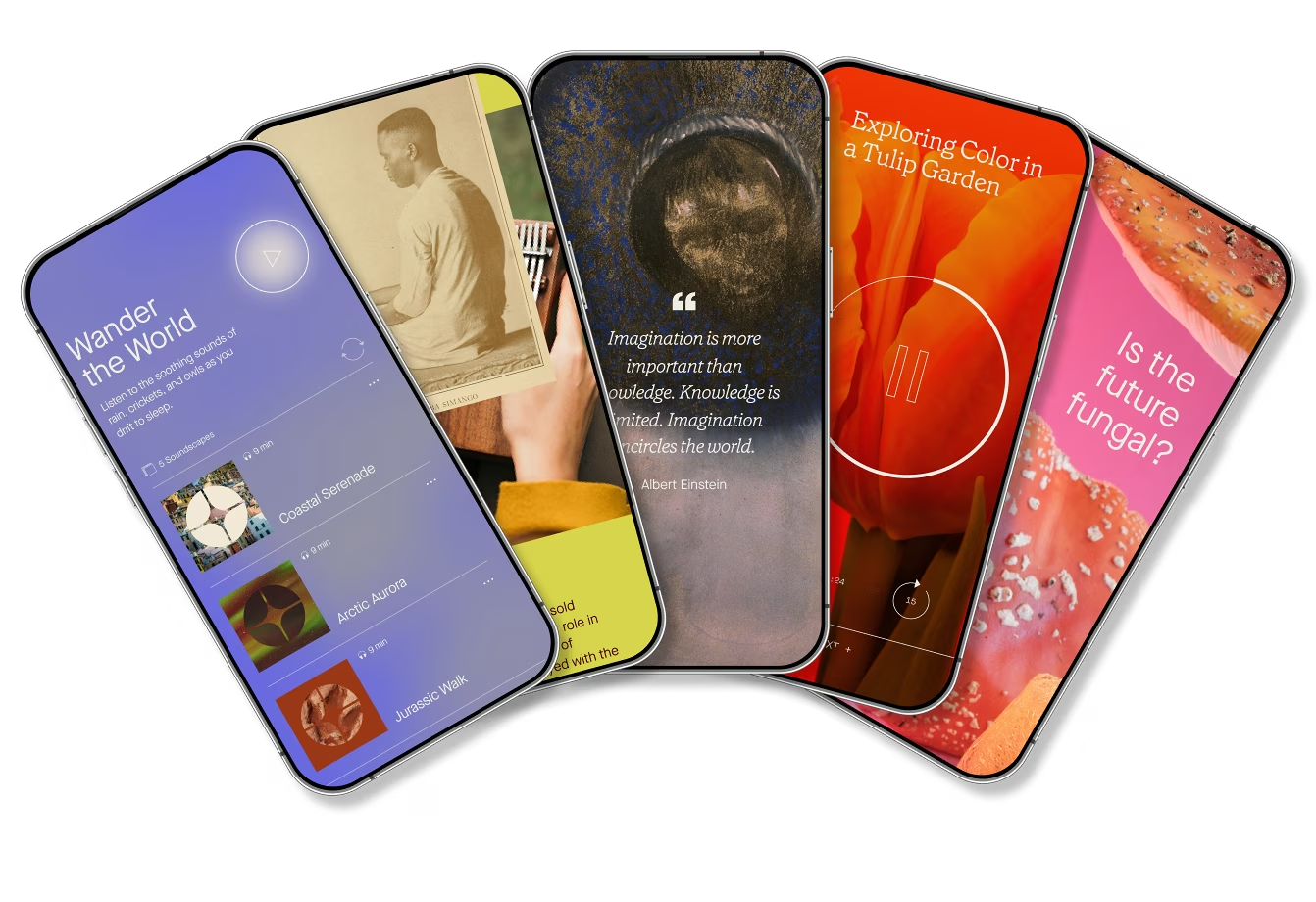






.jpg)




.jpg)

.jpg)




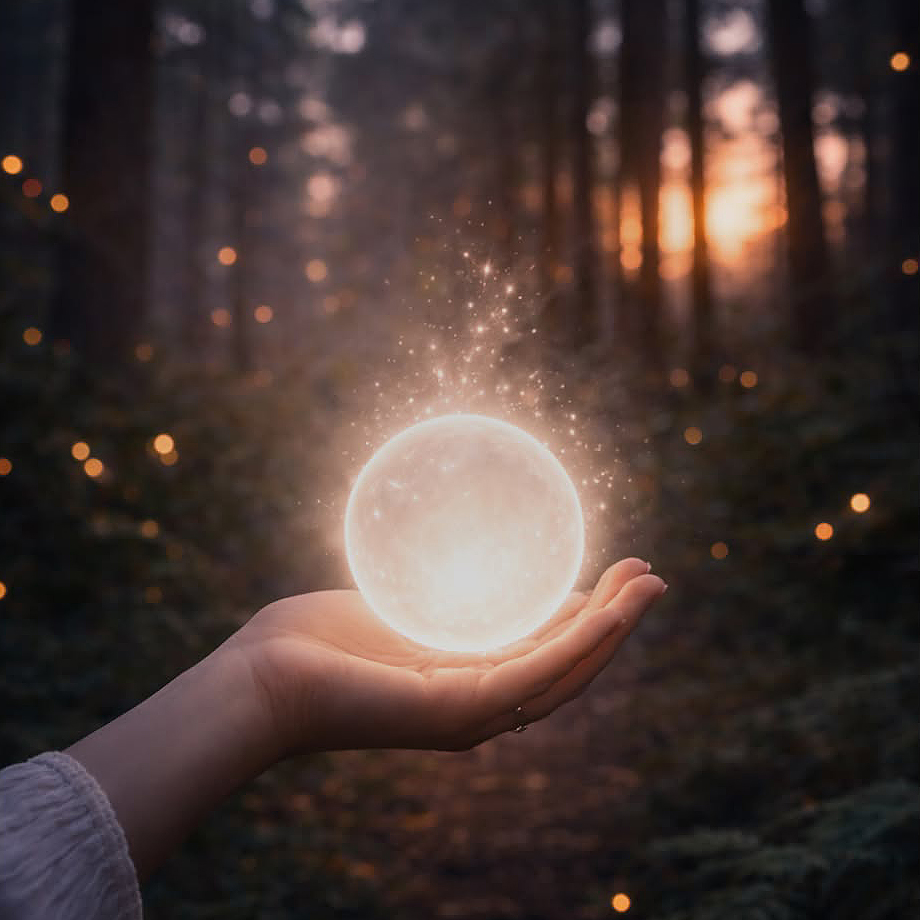
.svg)
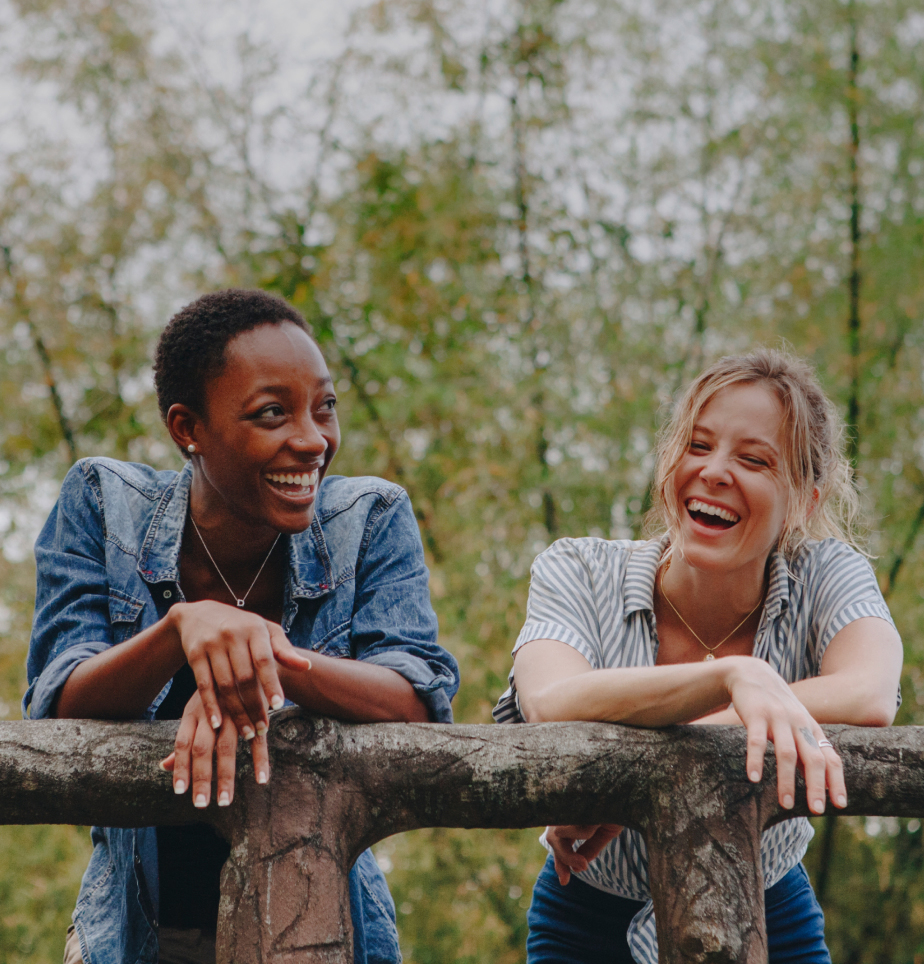

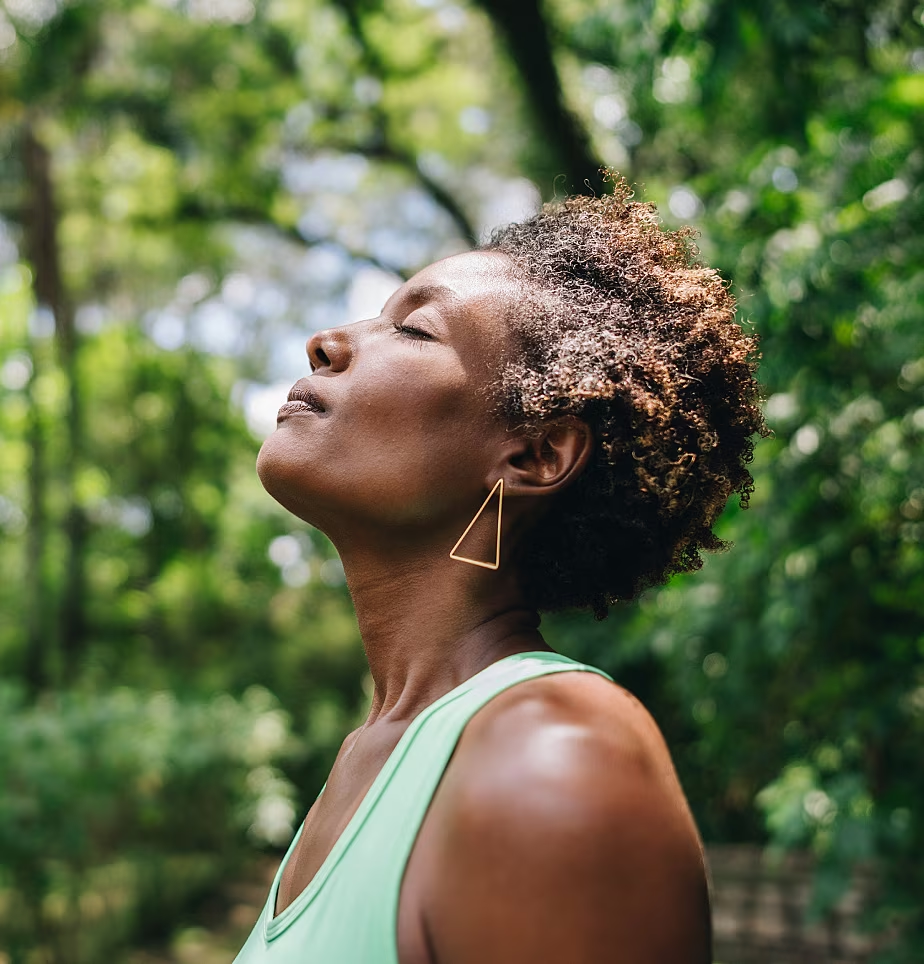


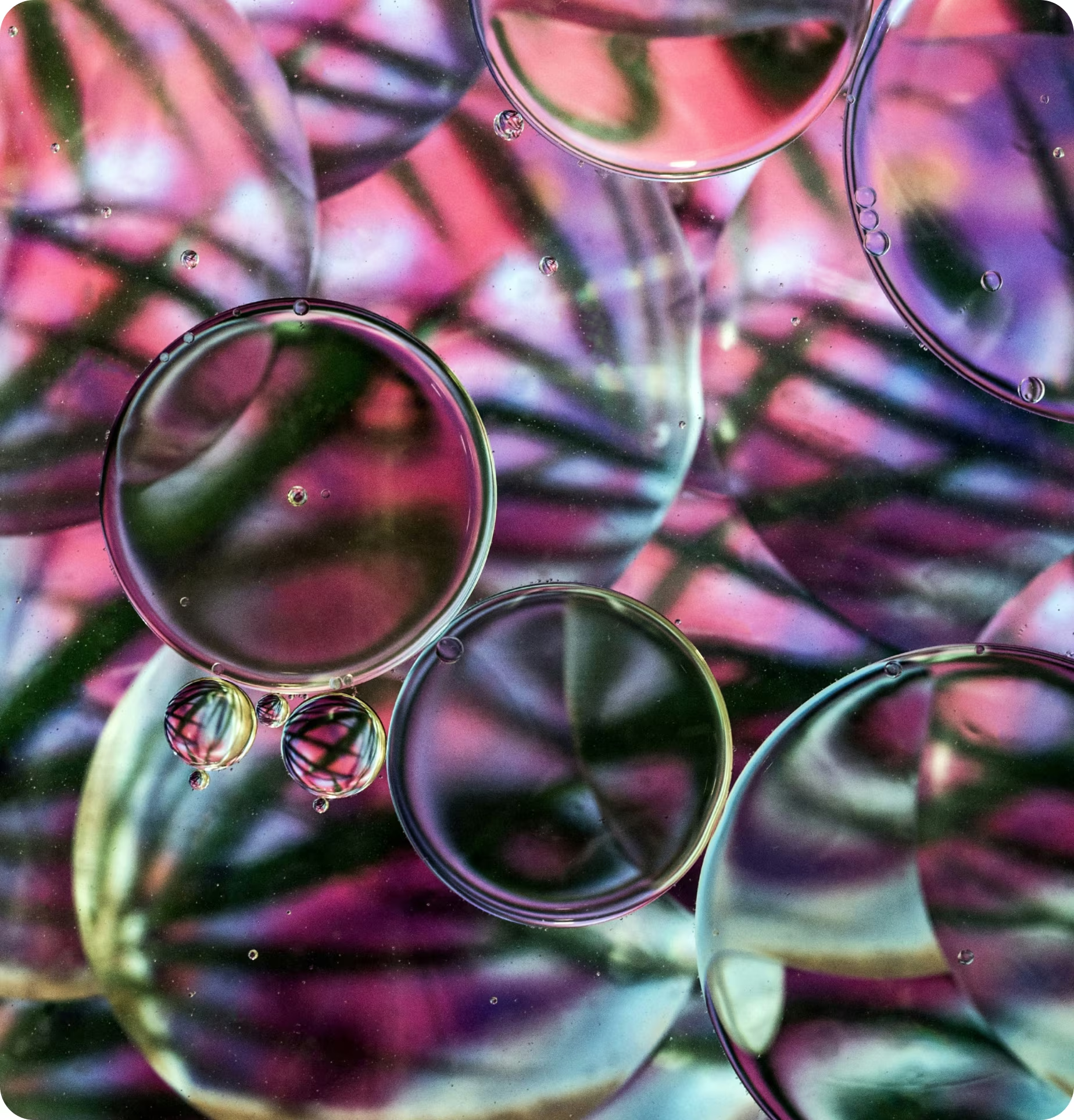


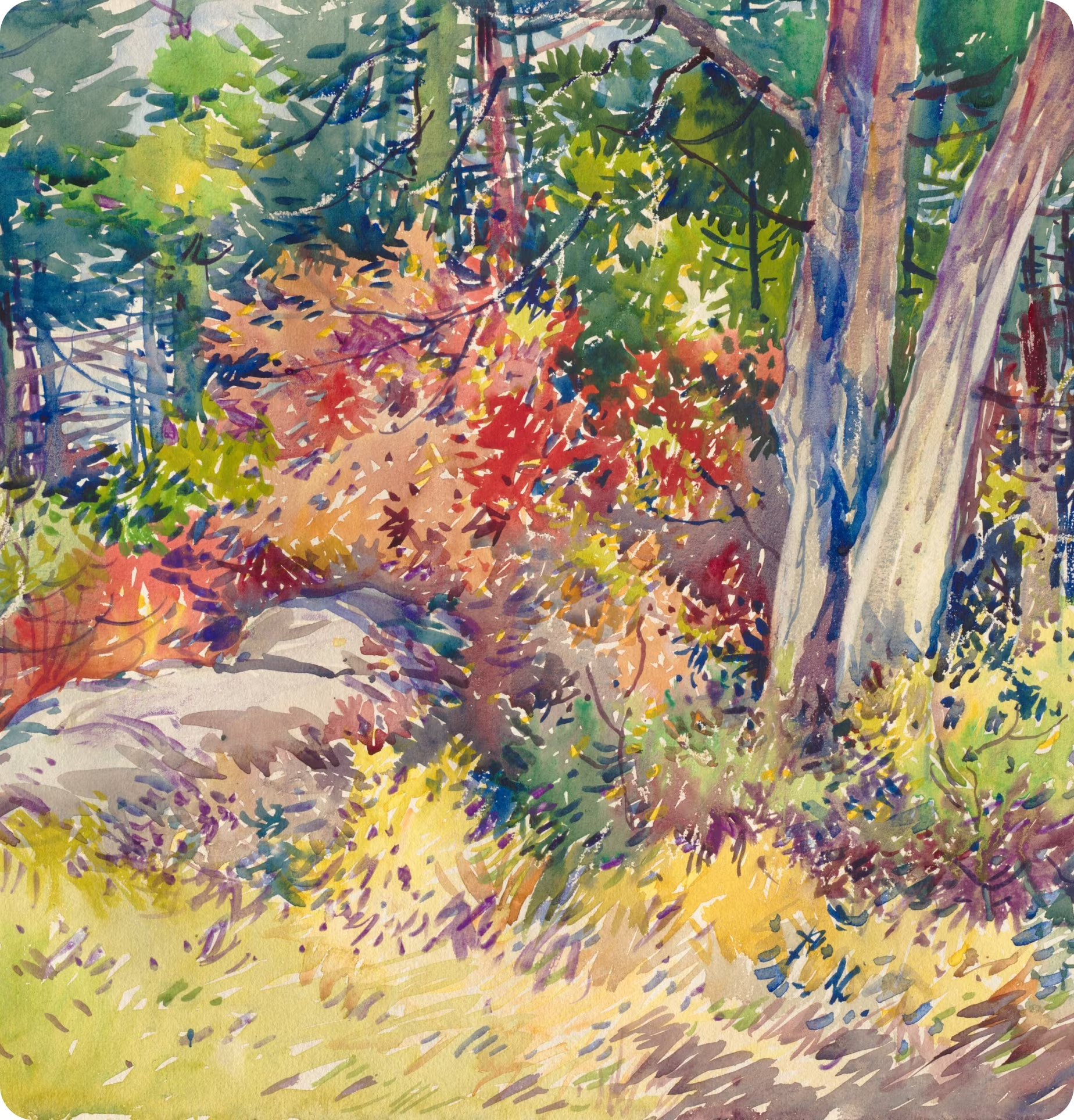




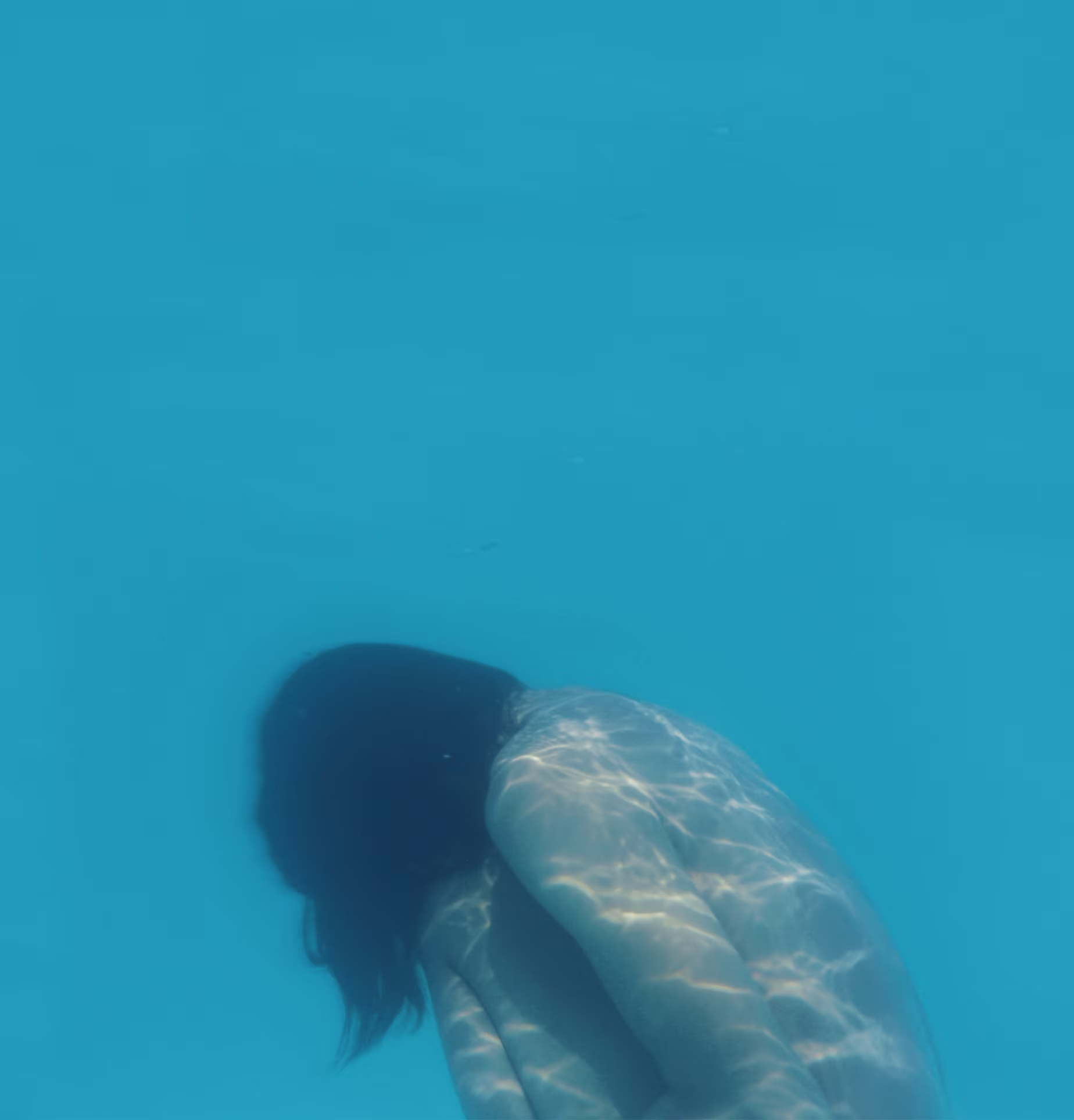
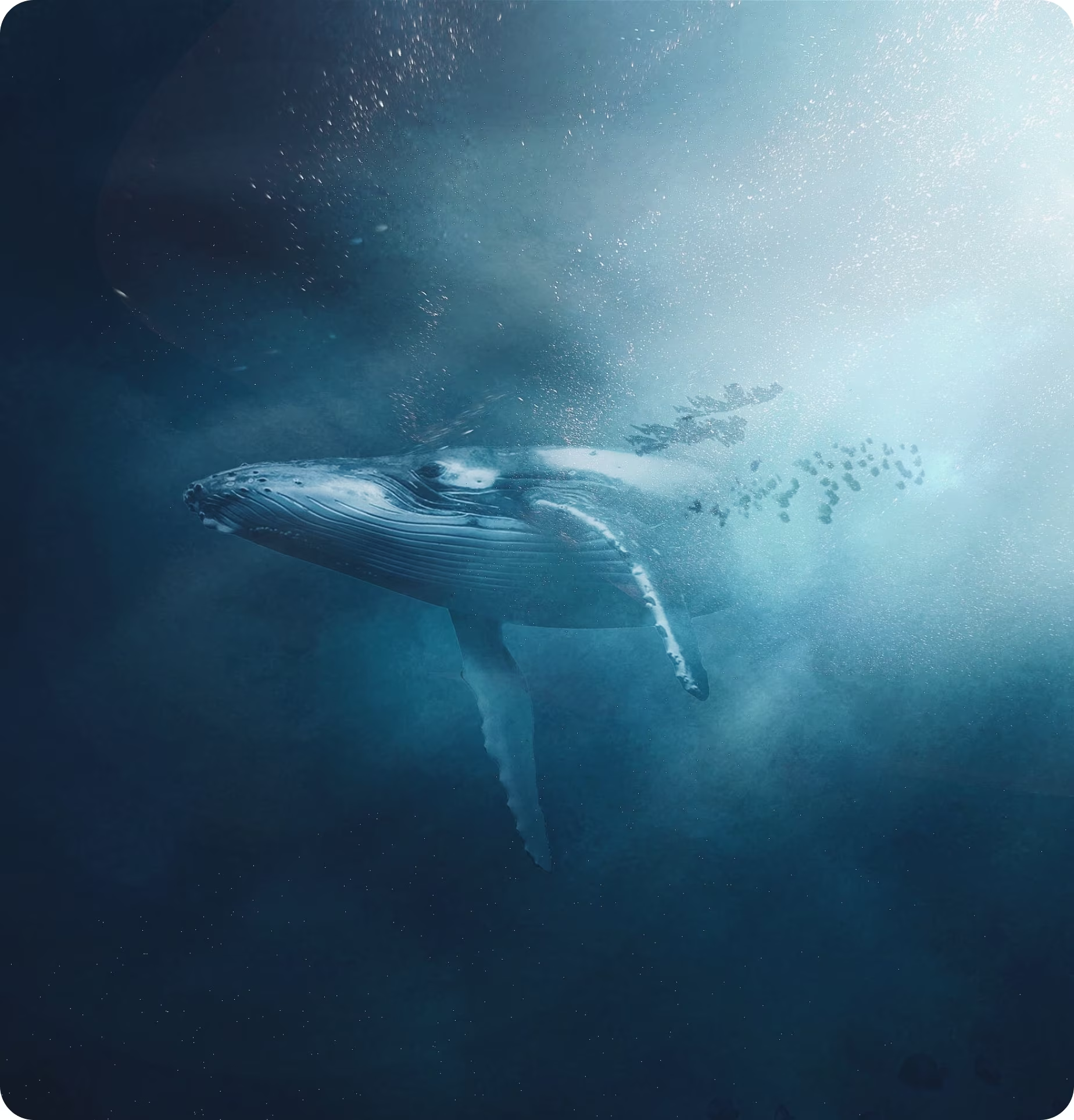
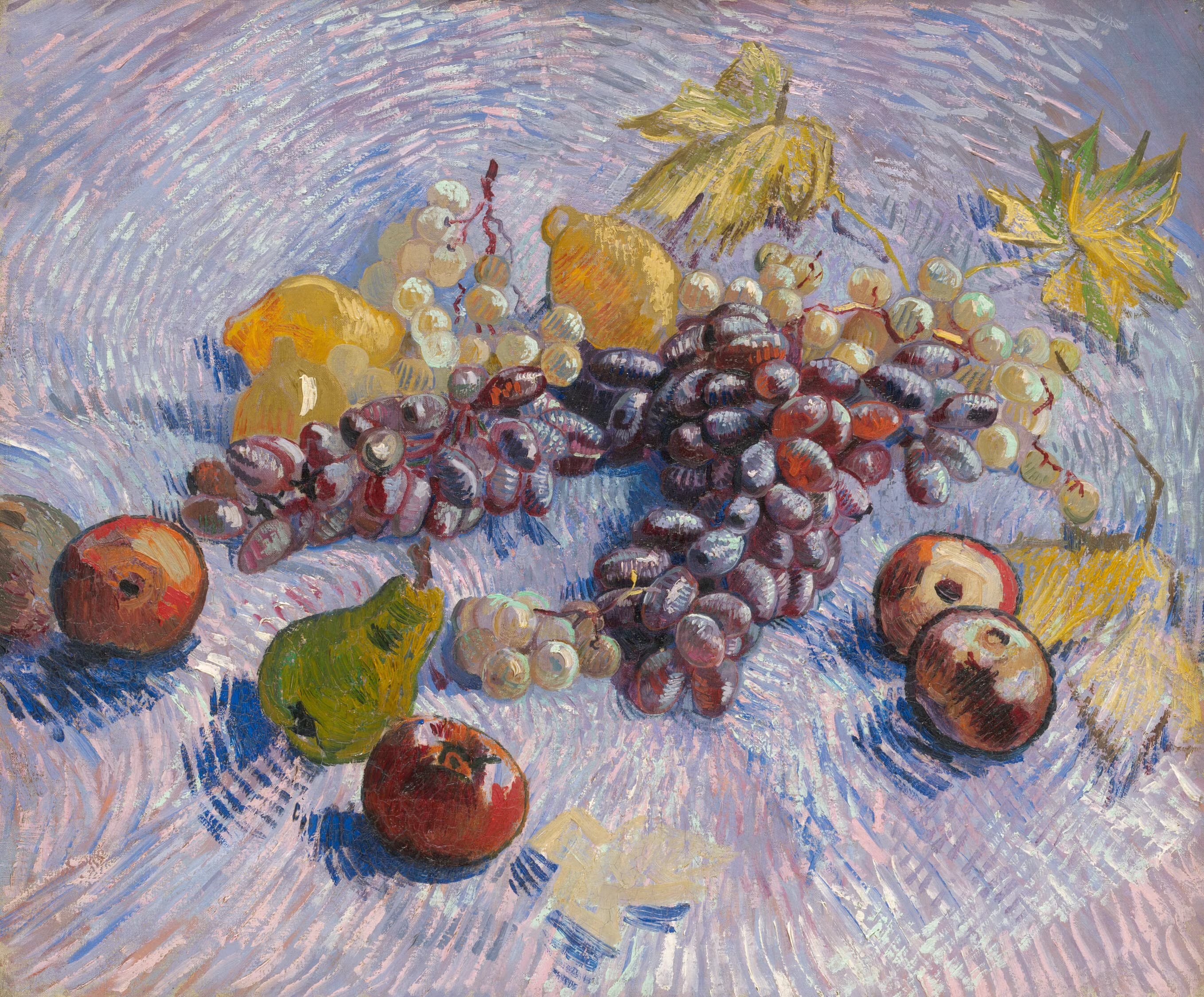
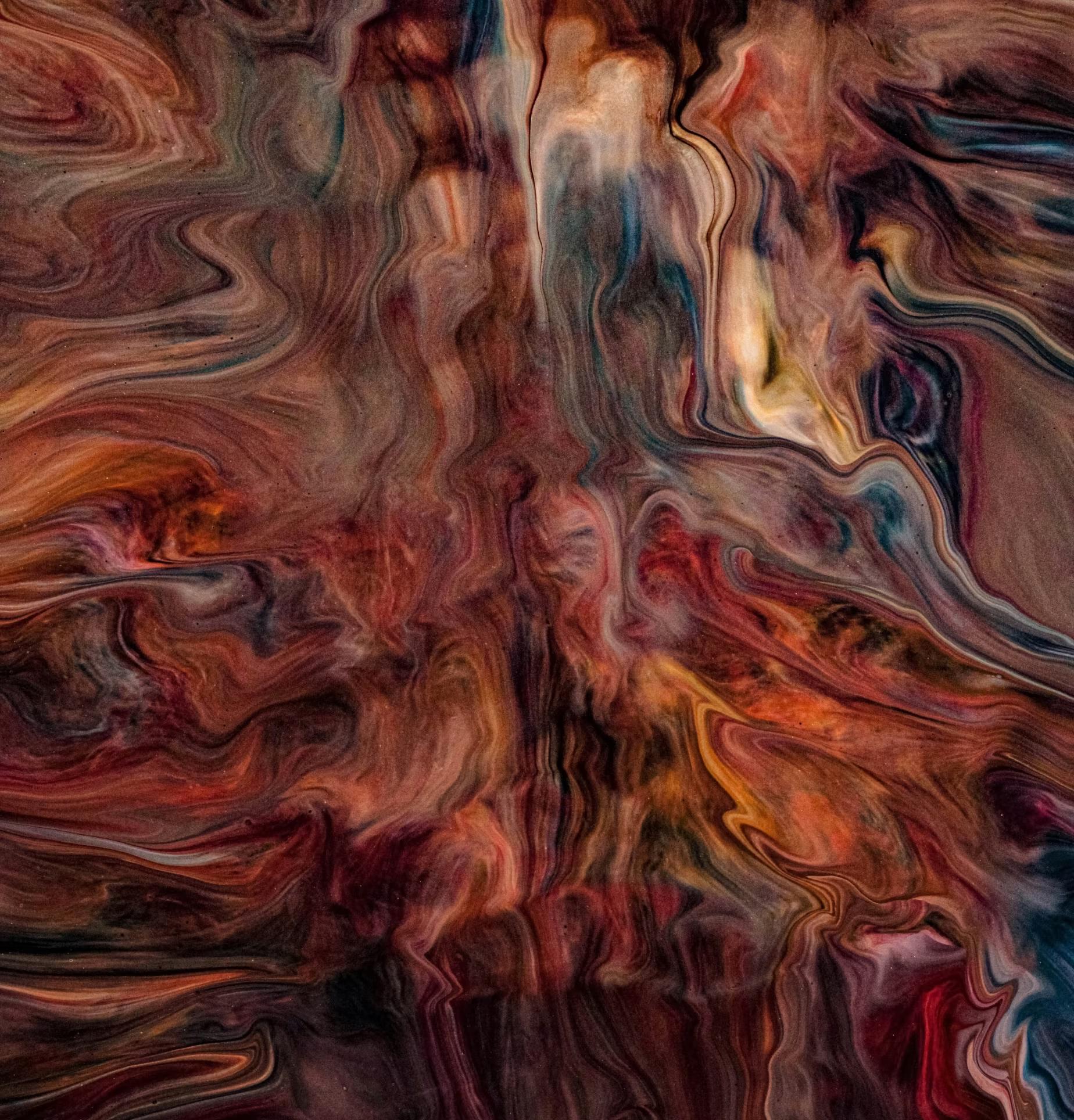
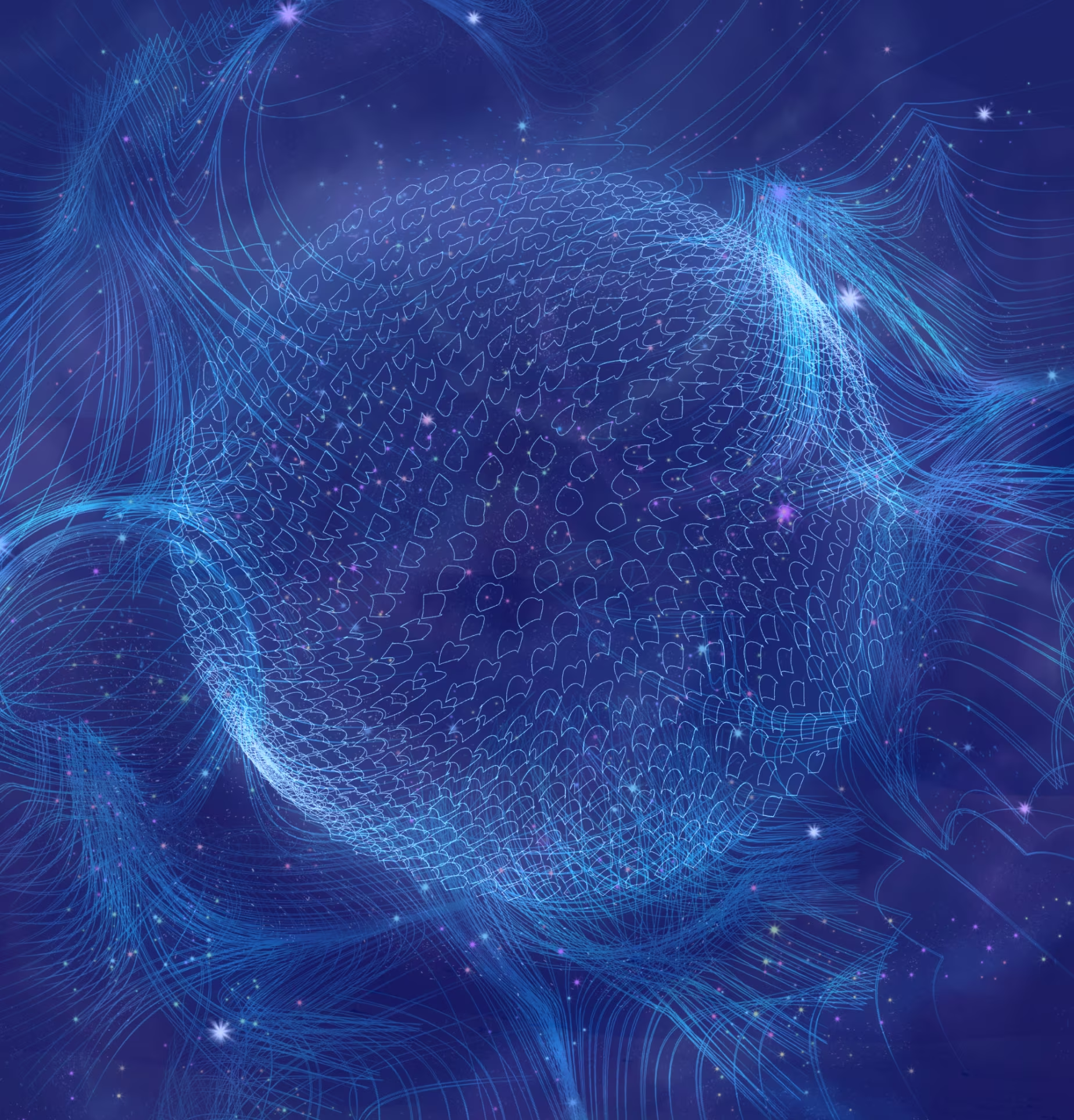

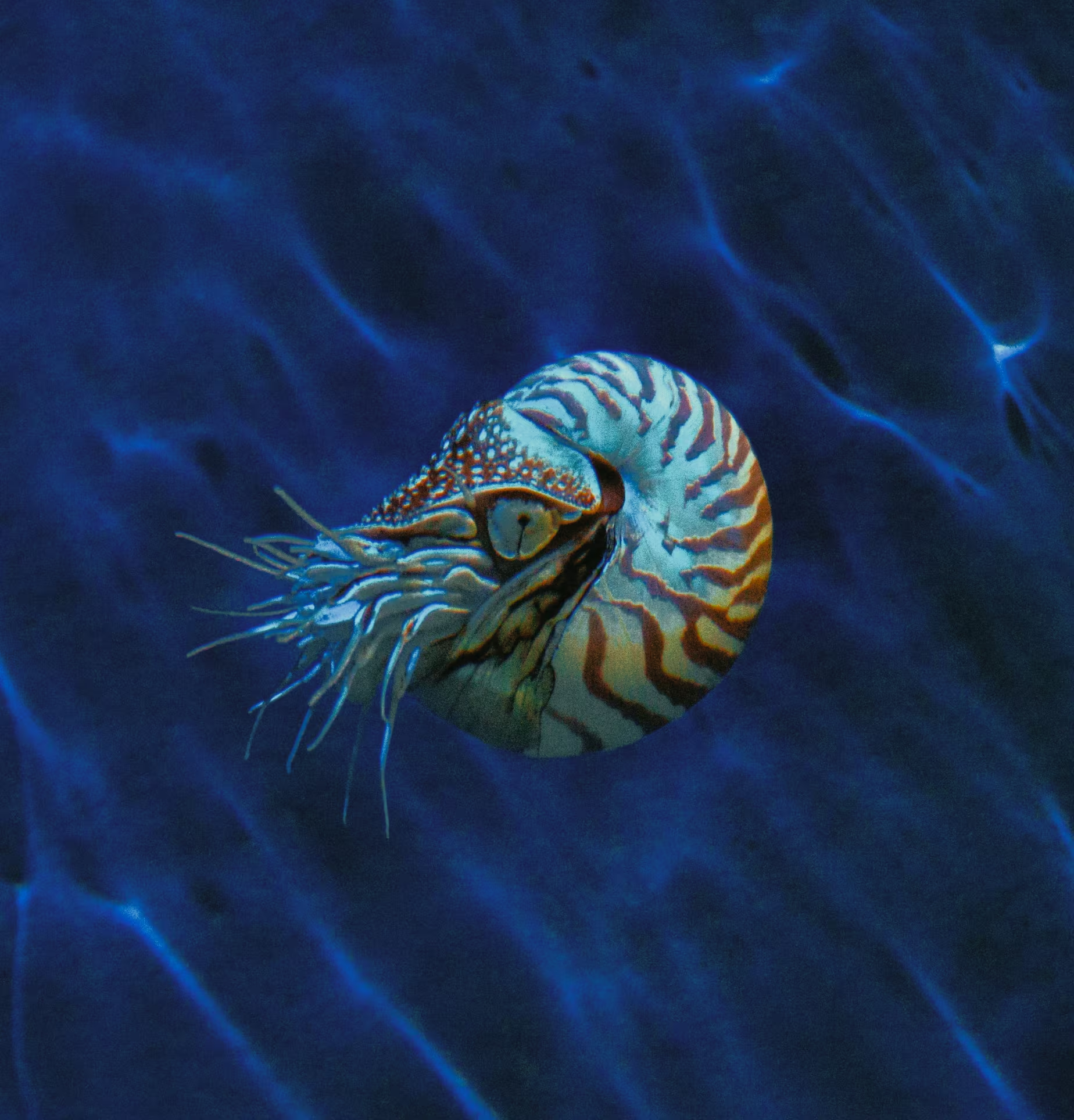

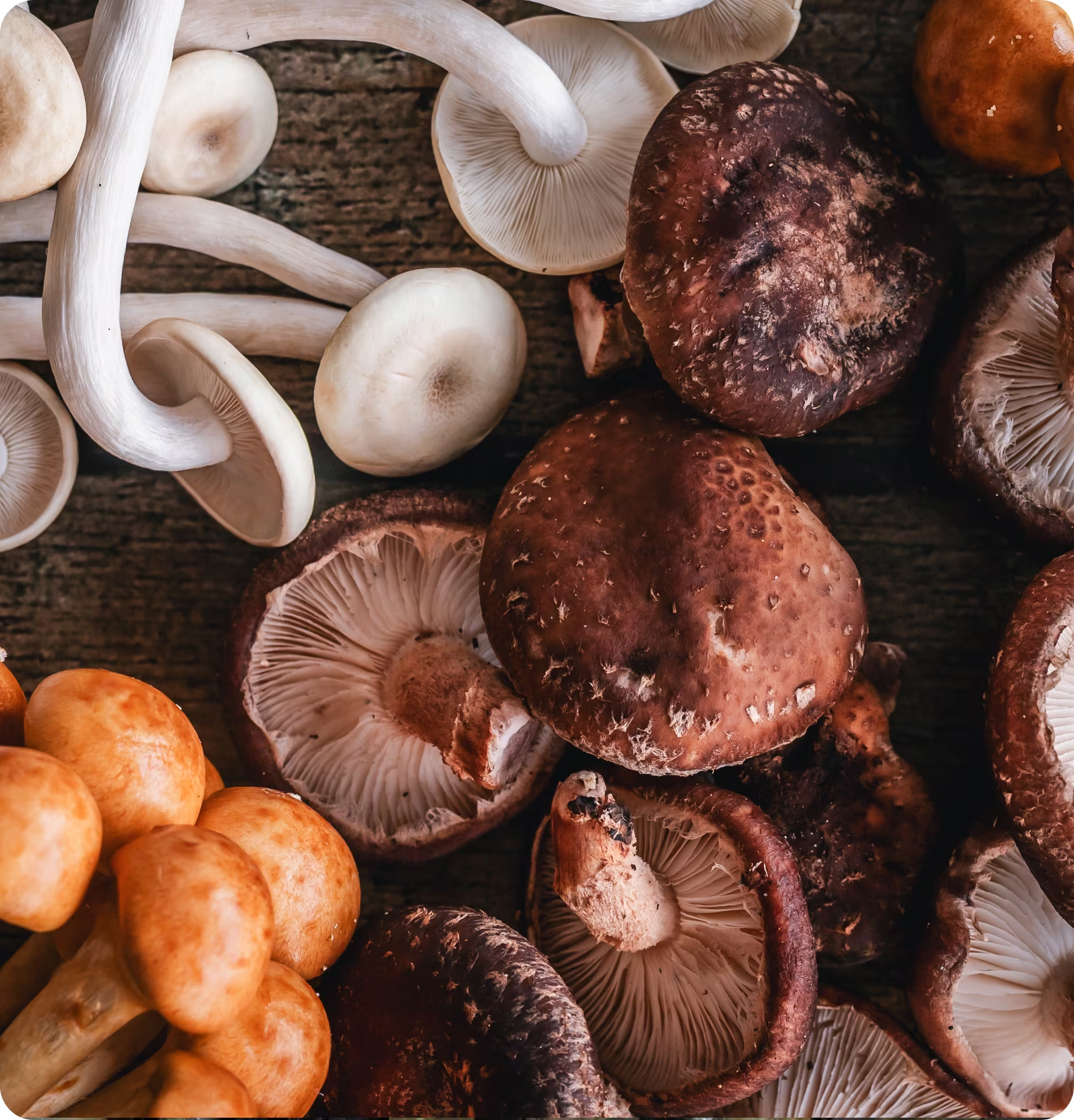
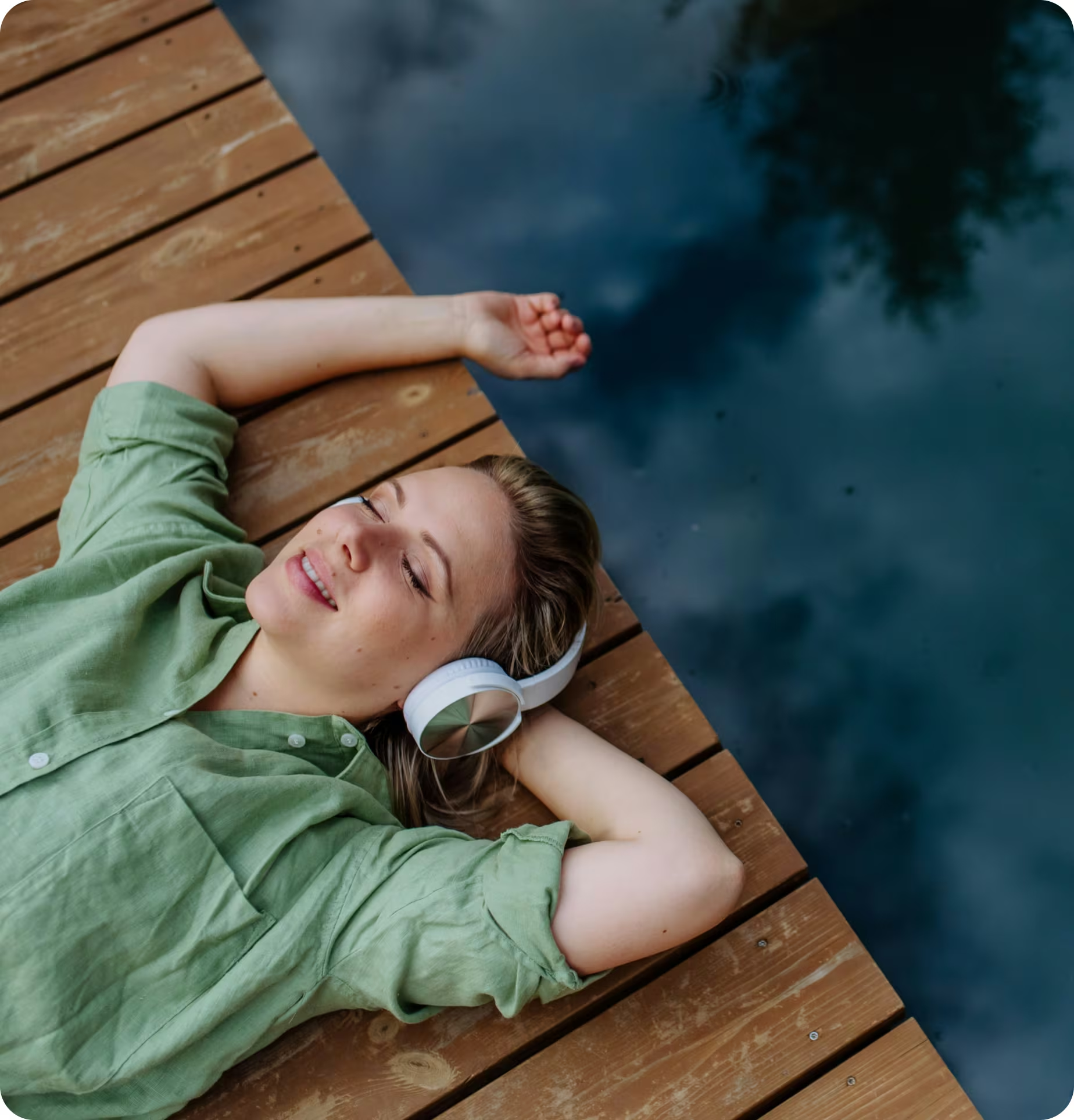









.svg)

